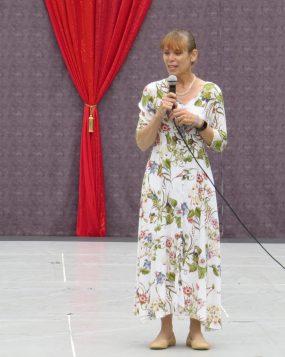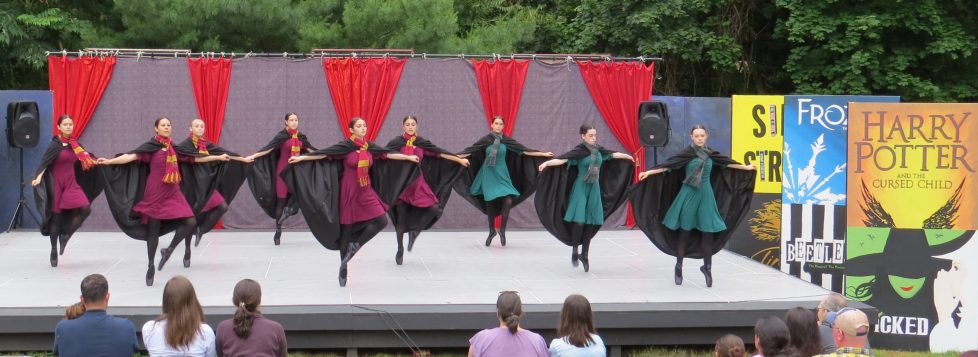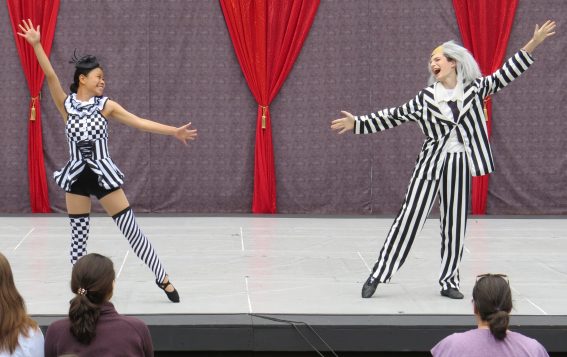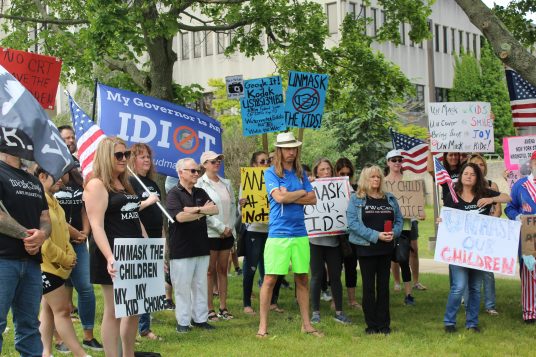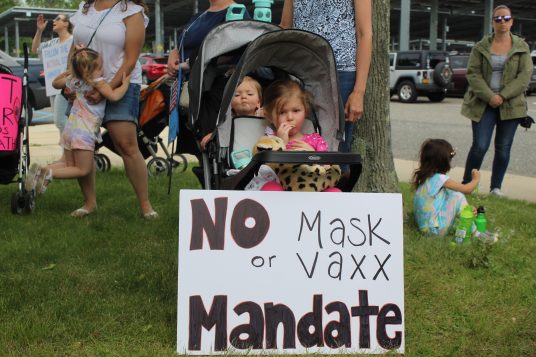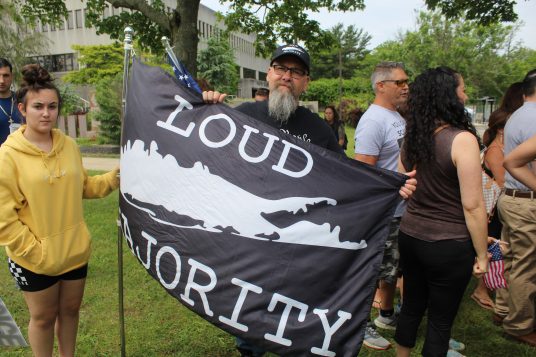At the same time that the United States battles against the more infectious Delta variant of the COVID-19 virus, hospitals in Suffolk County are experiencing similar trends among those infected and who need medical attention.
The Delta variant accounts for over 80% of those infected in the county, according to Dr. Gregson Pigott, commissioner of the Suffolk County Department of Health Services. The percentage of positive tests has climbed from below 1 percent earlier in the summer to between 2 and 3 percent.
“People over 65 find themselves more vulnerable and more ready to accept the vaccine. Younger people can consider themselves invincible. That is leading to greater hospitalizations than we’ve seen among those who are under 65.”
— Dr. Sunil Dhuper
Those figures are likely even higher “given that it is all dependent on the numbers of persons being tested and why,” Dr. Susan Donelan, medical director of Healthcare Epidemiology at Stony Brook University, explained in an email.
Meanwhile, the percentage of law enforcement members in Suffolk County who are vaccinated is lower than that for the county as a whole. According to the county Police Department, through May, 47% of law enforcement had received a vaccine compared with 57% for the county. Acting SCPD Commissioner Stuart Cameron is encouraging members to get vaccinated.
Health care workers are concerned about the general ongoing trends with the virus.
“The numbers are alarming,” said Dr. Sunil Dhuper, chief medical officer at St. Charles Hospital. “There’s a heightened level of awareness amongst the staff of what’s happening locally and at the state and national level.”
Unlike those who contracted the virus and needed hospitalization in 2020, the majority, about 53%, are between the ages of 19 and 64, according to Pigott.
Additionally, about 99% of patients hospitalized for COVID complications are unvaccinated, according to Dr. Adrian Popp, chair of Infection Control at Huntington Hospital/Northwell Health and associate professor of medicine at Hofstra School of Medicine.
He added that the vaccinated patients are either asymptomatic or have mild symptoms, which means that the risk of hospitalization or mortality is significantly lower even among those with breakthrough infections than for those who are unvaccinated.
The lower number of hospitalized patients who are over 65 likely reflects the comfort level they have with the inoculation.
“People over 65 find themselves more vulnerable and more ready to accept the vaccine,” Dhuper said. “Younger people can consider themselves invincible. That is leading to greater hospitalizations than we’ve seen among those who are under 65.”
The percentage of people fully vaccinated in Suffolk County is 57.8% as at Aug. 4.
“The vaccine has been shown to be safe and effective,” Pigott wrote in an email. “We encourage all residents to get vaccinated to protect themselves and their loved ones, and so that new vaccine-resistant variants of SARS-CoV-2 [the virus that caused the pandemic] do not have the opportunity to emerge.”
Area hospitals have been watching the infection and vaccination trends in the area closely.
St. Charles and Northwell are currently engaged in corporate discussions about when to start testing patients who are vaccinated but might be carriers.
The New York State Department of Health guidelines recently suggested that as long as the positive testing rate was below 2%, hospitals didn’t need to test patients if they are vaccinated when they have elective surgeries.
“We are very concerned about that now,” Dhuper said.
St. Charles Hospital is considering whether to start doing nasal swabs for all patients getting elective surgery to prevent putting patients and employees at risk.
Meanwhile, at Huntington Hospital, employees who do not get the vaccine will need to be tested weekly or biweekly, according to Popp.
As for people concerned about being around others who may have the virus without displaying symptoms, he added that it is “difficult to know when you are exposed.”
The only way to know if someone is infected is to get tested with the COVID PCR nasal swab.
While the Centers for Disease Control and Prevention hasn’t changed its definition of exposure, which includes being within 6 feet for more than 15 minutes indoors with an infected person, Popp recognized that “one can argue that transmission of infection may occur in less than 15 minutes.”
The Huntington Hospital doctor added that riding in an elevator or sharing a car ride with an infected person for under 15 minutes is “very risky due to the small, enclosed space without ventilation associated with the Delta variant that is 50% more transmissible.”
Better treatment
Doctors, nurses and other health care professionals have benefited from their experience with the virus. Hospital administrators feel prepared to handle the variety of symptoms patients have when they need medical attention.
“We now have clear parameters regarding the use of remdesivir, steroids, and other agents,” SBU’s Donelan explained in an email. “Proning is now a proven patient management technique. The role of anticoagulation is well understood.” The proning term means putting a patient in a prone position so the individual is lying face down.
Dhuper said the length of COVID stays at St. Charles have declined because of better treatment and the overall better immune status of those who contract the virus.
“We have come up with better management in terms of who needs to be ventilated, and who needs to be in a prone position prior to ventilation,” he said.
As for the implications for schools, which will reopen for the fall within the next month, medical care professionals urged parents and educational administrators to remind students of the same messages from earlier in the pandemic.
Students should wear masks, social distance, wash their hands and, most importantly, get vaccinated if they are 16 and above, Popp urged.
Current drug trials are underway for children under 16, with results expected in December, Popp said, which means that students in that age group will attend in-person classes with the same protections, albeit amid a more transmissible form of the virus than last year.
Dhuper reminded residents that the response to the virus can range from asymptomatic to extended hospital stays or death.
“People have to know that [these outcomes] can happen in any age group,” he said. “It all depends on the viral load and the immune response. The bottom line is that you have to protect yourself, and you have to protect your family and the community around you. The only way we can be ahead of the curve is by taking the vaccine.”

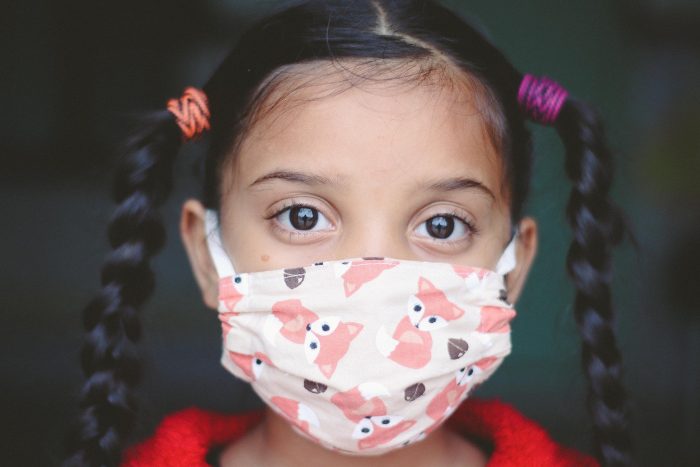
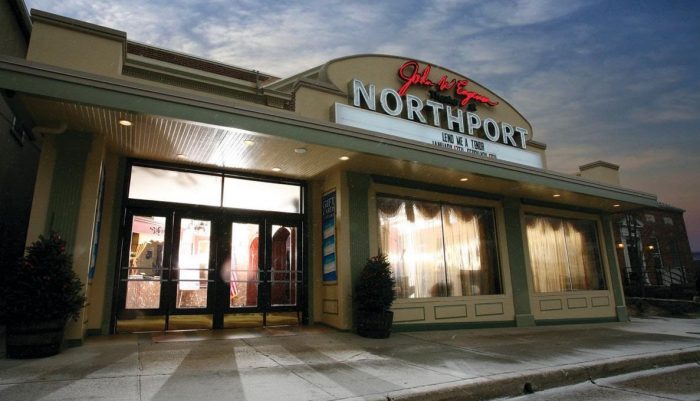
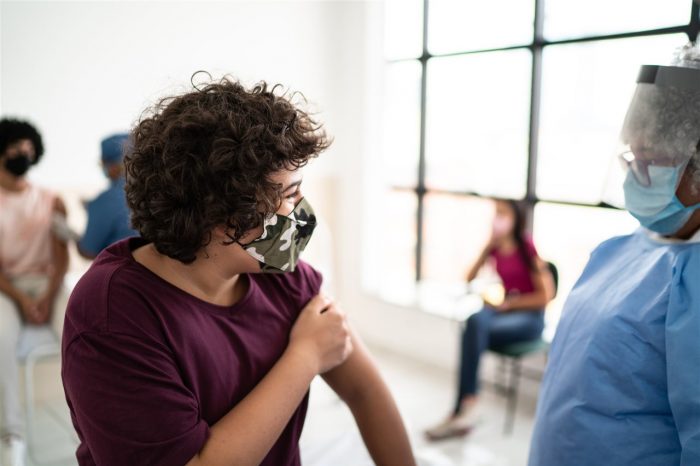
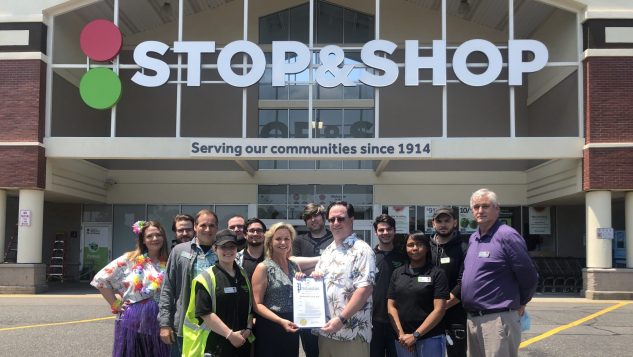
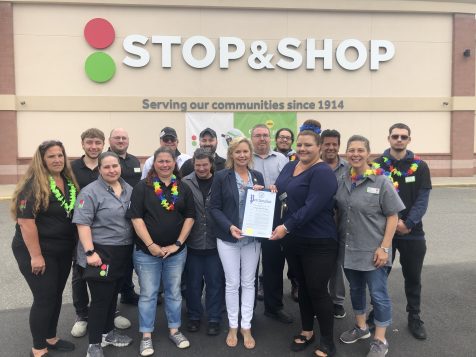



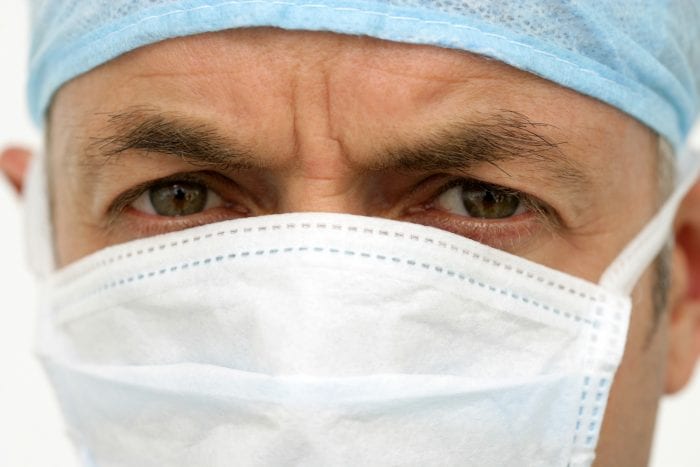
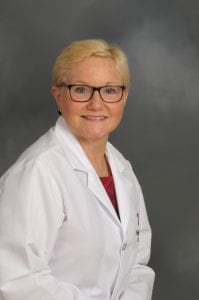


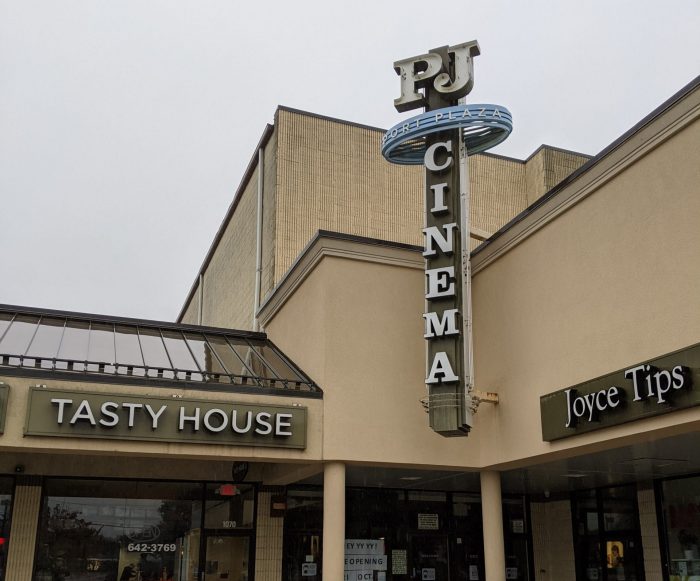
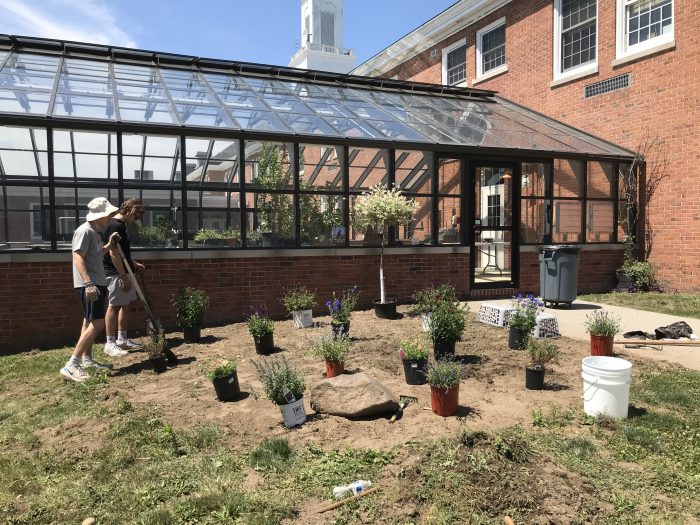
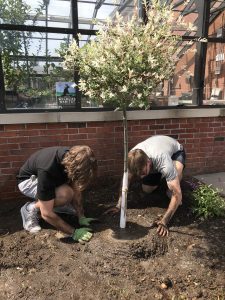 Harrison Rosenzweig and Andrew Vicari, who will be seniors in September, have taken a small spot on the south side of WMHS outside of the school’s greenhouse to create what will be known as the COVID Peace Garden. The garden was officially unveiled at a ribbon-cutting ceremony Wednesday, June 23.
Harrison Rosenzweig and Andrew Vicari, who will be seniors in September, have taken a small spot on the south side of WMHS outside of the school’s greenhouse to create what will be known as the COVID Peace Garden. The garden was officially unveiled at a ribbon-cutting ceremony Wednesday, June 23. 
